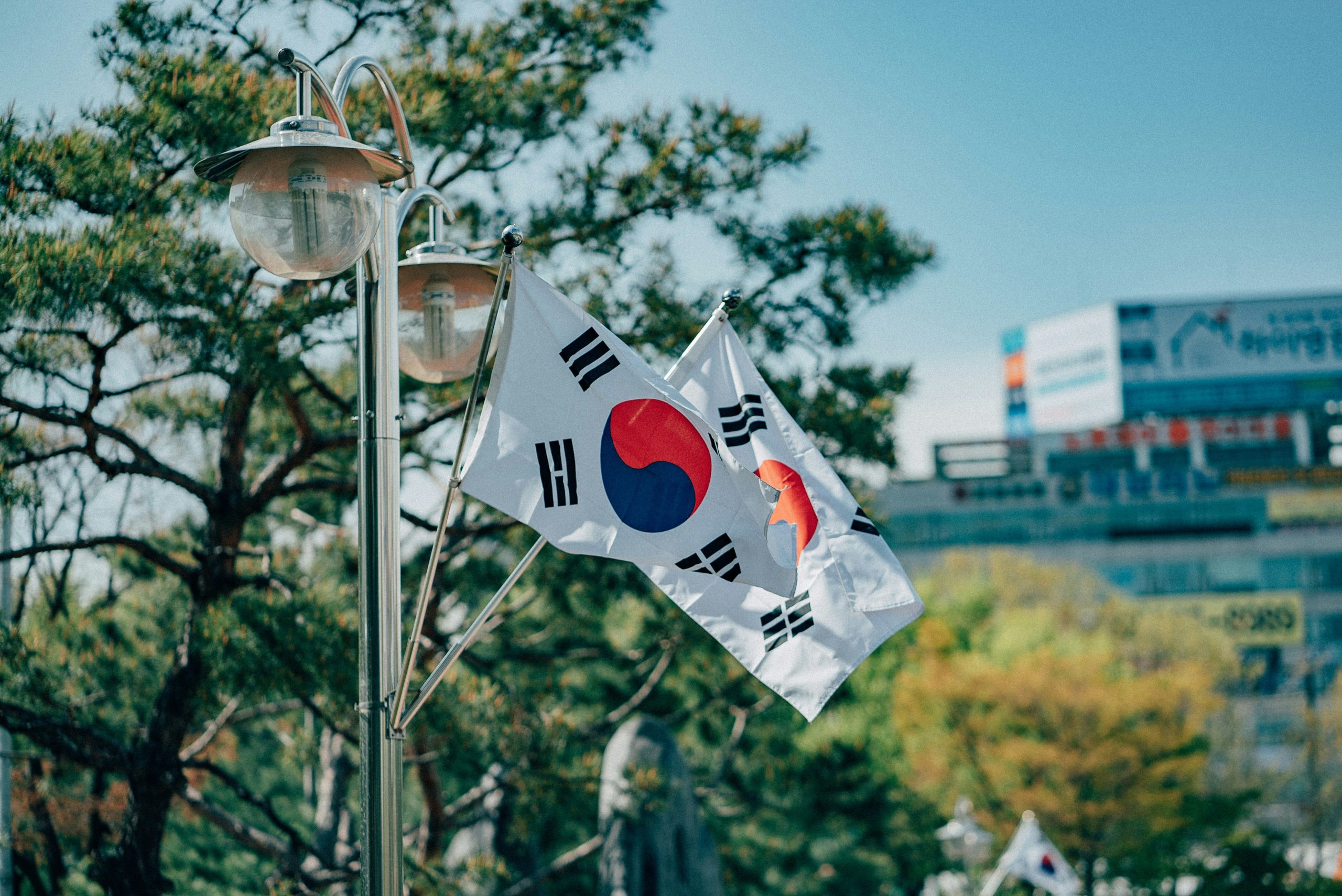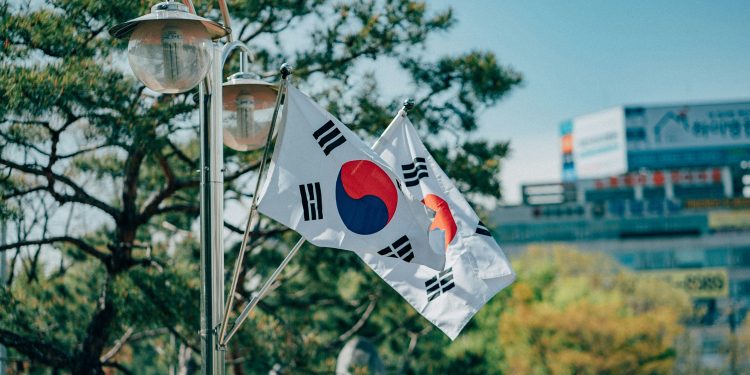South Korea has started removing anti-North Korean loudspeakers along the heavily fortified Demilitarized Zone (DMZ), marking a significant step in President Lee Jae Myung’s efforts to revive stalled diplomacy with Pyongyang.
The Defense Ministry confirmed the move Monday, calling it a “practical measure to ease tensions” after years of hostile exchanges. Soldiers were photographed unplugging and dismantling the speaker arrays, which had broadcast criticisms of Kim Jong Un’s regime and even K-pop music as psychological warfare.
A History of On-Again, Off-Again Propaganda Warfare

The use of border loudspeakers has fluctuated with inter-Korean relations. In
2018, the-then liberal President Moon Jae-in removed them as part of a detente agreement. In 2023, conservative leader Yoon Suk Yeol reinstated broadcasts in response to North Korean trash balloons and in June 2024, Lee’s administration silenced the speakers as an overture for talks—a gesture Kim Yo Jong, Kim’s sister, dismissed as “not worthy of appreciation”.
Why It Matters
Despite Seoul’s unilateral de-escalation, North Korea has rebuffed dialogue offers, maintaining its stance since June’s broadcast suspension. Pundits have noted that the Korean Peninsula remains technically at war since the 1950-53 conflict ended in a truce, with relations hitting lows in recent years. While North Korea’s own broadcasts have quieted since June, the regime continues weapons tests, leaving the prospects for renewed talks uncertain.
The speaker removal shows how Lee’s strategy is mostly engagement-focused, in sharp contrast with his predecessor’s hardline approach. However, with Pyongyang unresponsive and Kim Jong Un prioritizing nuclear advancement, the goodwill gestures are yet to yield positive fruit (s).
















